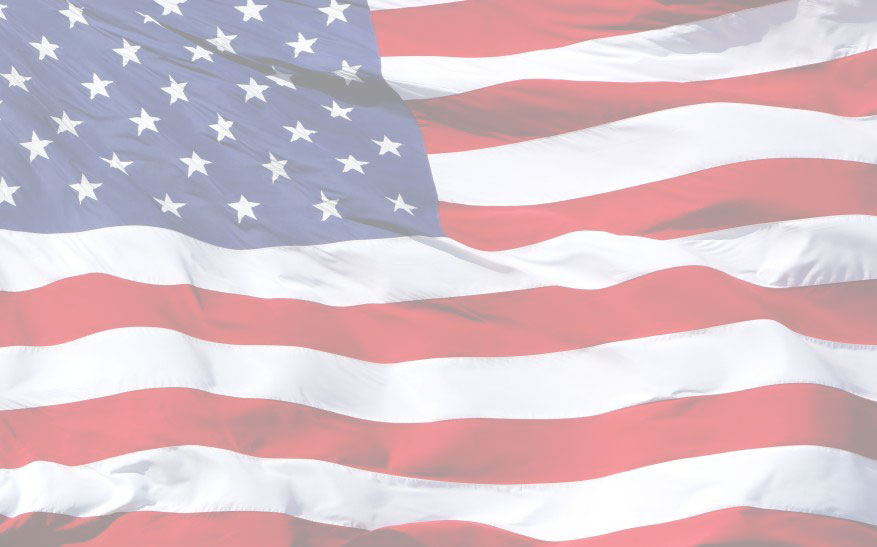
Investment And Employment Based Visas Are Key Methods Of Entry To The U.S. For Australians
American immigration authorities look at all foreign persons seeking entry to the U.S. in two categories, non-immigrants and immigrants. Even in the term “non-immigrant” where the entering person has to demonstrate their intention to return to the home country assumptions are made by U.S. officials that the real goal is to become a U.S. resident or citizen.
This is for the most part not true for more developed countries such as Australia, where many business persons and entrepreneurs look at the United States as a vast untested English-speaking market, but not necessarily a place they plan to call home.
There are two important non-immigrant visa categories, the E3 worker visa and E2 treaty investor visa which provide options for Australians intending to enter the U.S. and for Australians who have entered the U.S. on a visa and wish to change visa status. (Please note that persons who have entered the U.S. on the Visa Waiver program cannot obtain a visa and “change status” without returning to their home country.)
An E3 visa mirrors the requirement of another well known visa program the H-1B workers’ visa, however there are a substantial number of visas allocated solely to Australians, and unlike the H-1B program which is “sold out” in a matter of days the E-3 applications and visas remain available throughout the year. An E-3 applicant must have a college degree which is the equivalent of the American University Bachelor’s degree program, and must qualify them for work in a “specialty occupation” such as an engineer, architect, accountant or other position in which a college degree is deemed a necessary qualification.
An E2 investor visa is a completely different animal, and offers an opportunity to any one who has a business plan, some capital and the ability to incorporate their business in the United States. The E2 investor if applying in the United States can show a capital investment for as low as $50,000 (U.S.) depending on the type of proposed business being set up. This “substantial investment” is usually higher when applying at the Australian Embassy or consular officers. E2 is a very useful visa in that it is granted for 2 year terms and can be extended indefinitely.
Australians who do wish to take up residence in the U.S. often use the E2 and E3 visas as a “bridge” to maintain status while they apply for labor certification through a U.S. employer. This labor certification provides a basis for a Green Card. Labor Certifications which used to take 4 to 5 years are now completed in 4 to five months. It also appears waiting periods for the second step, adjustment of status for the green card may also be reduced.
I encourage persons planning to do business in the U.S. to plan their visa strategy. All too often I see individuals just show up on a visa waiver or visitor’s visa and make critical mistakes that limit what they can do in the United States or require unnecessary and expensive return trips, or re-structuring of business plans to accommodate the demands of U.S. immigration laws.
Robert J. DuPont is the founding attorney for The Law Offices of Robert J. DuPont. Mr. DuPont graduated from Yale University and USC Law School. He is admitted to the California Supreme Court, Federal District Courts in the Central and Northern Districts of California, as well as the 9th Circuit Court of Appeals. Mr. DuPont has been a speaker at ILW, a leading immigration law publisher. He was the founder of the Immigration Law Committee with the Beverly Hills Bar Association. Mr. DuPont has risen to prominence with over a decade’s practice in the field of immigration law. He has brought cases to their successful conclusion before the EOIR, BIA, AAO, Federal District Court and 9th Circuit Court of Appeals.
A similar version of this article may have been published in the Asian Journal.
